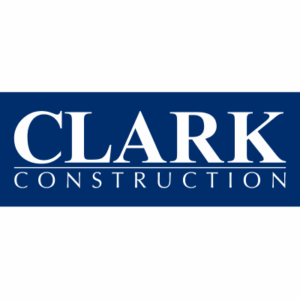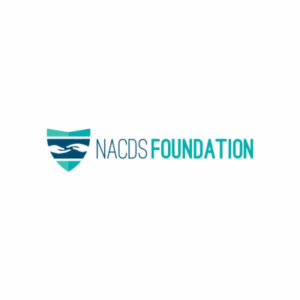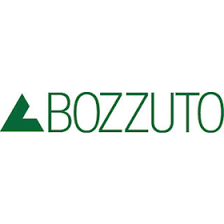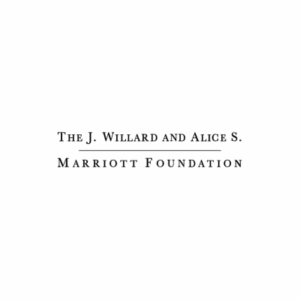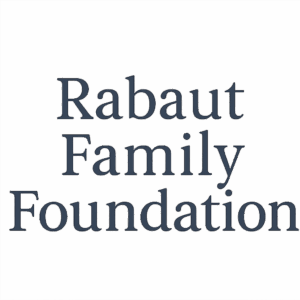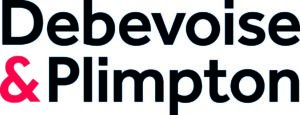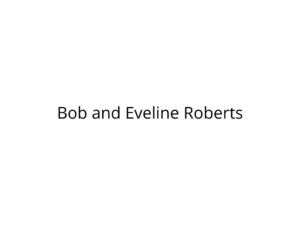The following blog text is excerpted from an article written by John Kelly for The Washington Post as part of their Helping Hand initiative, in which SOME is a partner. Read the full article and see others in the series at WashingtonPost.com.
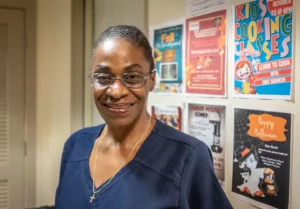
Matilda Carroll, 56, at Fendall Heights, a residential building for veterans operated by the charity So Others Might Eat. (John Kelly/The Washington Post)
Even now, nearly 40 years after completing boot camp, Matilda Carroll will sometimes find herself falling into step and singing a cadence when she walks alongside someone.
“I loved my experience in the military,” Carroll said.
It’s what came later that was so hard.
Carroll joined the U.S. Army in 1981, right out of high school. She served for four years as a radio-telephone teletype operator, first at a base in West Germany, where she could look across the border into Czechoslovakia, then at Aberdeen Proving Ground.
The work was hard—especially basic training at Fort Gordon, Ga.—but it was rewarding. Carroll learned to fire an M-16, throw a hand grenade, send messages in Morse code, and make a bed so perfectly that a quarter would bounce atop it.
Carroll’s decline, when it came, was gradual. After the Army, she moved to Southern Maryland, where she’d grown up. She was in a car crash. She developed depression. She turned to crack cocaine, which was just starting to tear through her neighborhood. She was arrested and incarcerated.
Carroll eventually moved in with her mother, taking care of her for the last three years of her life. After her mother died, she became homeless. It was while sitting in a friend’s hotel room in Waldorf that Carroll began her journey back. She saw an ad on TV for the Veterans Crisis Line. She called the number and set in motion her rehabilitation.
It’s a journey she described to me recently at Fendall Heights, an apartment building in Southeast Washington operated by So Others Might Eat (SOME), a partner in The Washington Post Helping Hand fundraising drive.
After calling the hotline number, Carroll entered an addiction treatment program. She then found a place to live through a temporary housing program run by the U.S. Veterans Initiative. In January 2016, she moved into So Others Might Eat’s Fendall Heights building, which is reserved for veterans and their families.
“It had been so long since I had my own place, since I had my own keys,” Carroll, 56, said. “It was just an awesome feeling.”
Fendall Heights opened in April 2013. Its 29 apartments are subsidized using vouchers from a joint program of the departments of Housing and Urban Development and Veterans Affairs, administered by the D.C. Housing Authority. Residents pay 30% of their income as rent.
But Fendall Heights is more than a place to live. Residents meet regularly with their SOME case managers, who help them overcome challenges that remain. SOME helped Carroll become certified as a medical administrative assistant and arranged an externship at Providence Hospital, where she is now employed.
“SOME has been with me through the whole process,” Carroll said.
Moneika Smallis the program manager at Fendall Heights. I asked her how veterans compared with other clients she’s worked with.
“They are very, very, very articulate,” Small said, then added with a laugh: “They definitely know what they want. They can tell you how it should be done. They like things extremely neat and secure.”
You can take someone out of the military, but you can’t take the military out of them.
“What it comes down to is, we all served the same purpose,” Carroll said. “We all took an oath to protect the United States and its allies.”
Carroll’s goals now include repairing her credit—SOME offers financial literacy classes—and hopefully moving to a new apartment.
Fendall Heights is what’s known as permanent supportive housing, which means unlike transitional programs, there’s no clock ticking for the residents. They don’t have to leave by a certain time. Carroll likes it there but wants to be closer to where she worships: House of Prayer Church of God No. 2 in Brandywine, Md.
“When I say my prayers, I ask God to bless all those who helped me,” Carroll said.
It’s a list that includes So Others Might Eat, her church, her family (they helped furnish her apartment), the veterans’ groups that have given her support, and the employer who has welcomed her.
What about you, I asked. After all, it was Matilda Carroll who—after years of addiction—made that phone call, made the decision to get clean, accepted help, and then worked to beat drugs and get a job. Do you ever thank yourself, soldier?
“You know what?” Carroll said after a pause. “To be honest, no, I’ve never really thanked myself. Maybe it’s something I should do.”
You Can Help
It’s estimated that more than 300 homeless veterans live in the District. With its Fendall Heights apartment building, SOME is helping alleviate that shortfall. To make an online contribution, visit PostHelpingHand.com and click “Donate.”





